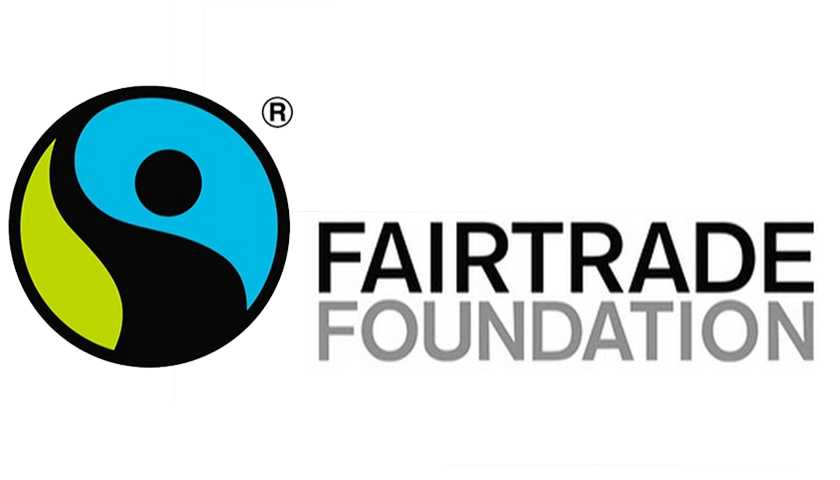LONDON, UK – A new study investigates the carbon footprint of four Fairtrade products from five country origins (cocoa from Côte d’Ivoire and Ghana, coffee from Colombia, bananas from the Dominican Republic and red roses from Kenya). It identifies mitigation strategies for each commodity, and reveals five key recommendations to help businesses looking to reduce their scope 3 emissions (the indirect emissions created in a value chain) on smallholder farms in their supply chains.
The primary finding of the study, Carbon footprints and mitigation opportunities in Fairtrade supply chains, is that, when working with communities vulnerable to climate change, mitigation programmes should not just be carbon-focused. They must deliver multiple benefits for farmers, workers and their communities.
By working with Fairtrade and taking advantage of their unique relationship with smallholder farmers, the study suggests that companies can reduce their scope 3 emissions and have multiple agronomic, economic, environmental and social benefits.
Michael Eichhorn, Fairtrade Foundation’s Senior Technical Lead for Climate, said:
“The study finds a balance can be struck between focusing on carbon mitigation activities, and those that help farmers adapt to the already changing climate. Both are essential if farmers are to manage the effects of climate change in their favour. Focussing on strategies that simultaneously achieve both mitigation and adaptation impacts – such as integrating more trees into the farmland – are a good place to start.”
“Fairtrade is well positioned to provide this support – we are trusted by producers and their communities, and able to balance their needs with those of their buyers. With our strong relationships with smallholder farmers, we can design bespoke and targeted climate programmes which have holistic benefits for farmers and businesses – going beyond simply reducing carbon emissions.”
The paper identifies five key takeaways to help businesses looking to reduce their scope 3 emissions while prioritising producer livelihoods:
1. There are a wide range of opportunities and strategies to reduce emissions and remove carbon in Fairtrade-certified supply chains.
While the exact mitigation potential of each strategy varies by commodity and country context, the study found the following to have a high mitigation potential:
- Sequestering carbon in soils
- Sequestering carbon in trees on farmland
- Reducing deforestation caused by converting forest to land for crops
- Reducing nitrogen fertiliser application
- Switching to renewable energy sources and/or increasing energy efficiency
As well as mitigating climate change, these strategies can:
- Support corporate insetting initiatives within supply chains by reducing scope 3 emissions.
- Generate carbon credits, which can be sold on voluntary carbon markets and create new sources of income for farmers.
- Achieve broader impacts for farmers, workers and the environment, whether agronomic, economic, environmental or social. These impacts can be both positive and negative.
2. Mitigation programmes should not just be carbon-focused. They must deliver multiple benefits for farmers, workers and their communities.
Implementing mitigation strategies takes time, effort, and financial investment at farm-level. Farmers need to be able to see clear and multiple benefits if they are to commit to this transition.
3. Farmers must drive decision-making.
Businesses, farmers, and Fairtrade must all work collaboratively to select the mitigation strategies to implement. But farmers must play a key role in weighing potential benefits against potential negative impacts.
4. Smallholder farmers need support to implement mitigation strategies successfully.
The way a mitigation strategy is implemented can make a huge difference to how successful it is. Farmers need to have the necessary technical knowledge and practical skills to implement these strategies, which emphasises the need for expert-led training. However, the study emphasises the need to focus on the invaluable local and context-specific knowledge of farmers.
5. Models for engaging farmers in verified mitigation projects need to be effective, equitable, and linked to a sound business case.
When designing projects that are verified to reduce or remove carbon, there are potential risks, rewards, and investments for everyone involved. However, power dynamics, inequalities and lack of information can leave smallholder farmers vulnerable to exploitation. Incentives need to be offered to everyone involved, so all parties are committed throughout the process.

















